How to Use Artificial Intelligence in Marketing
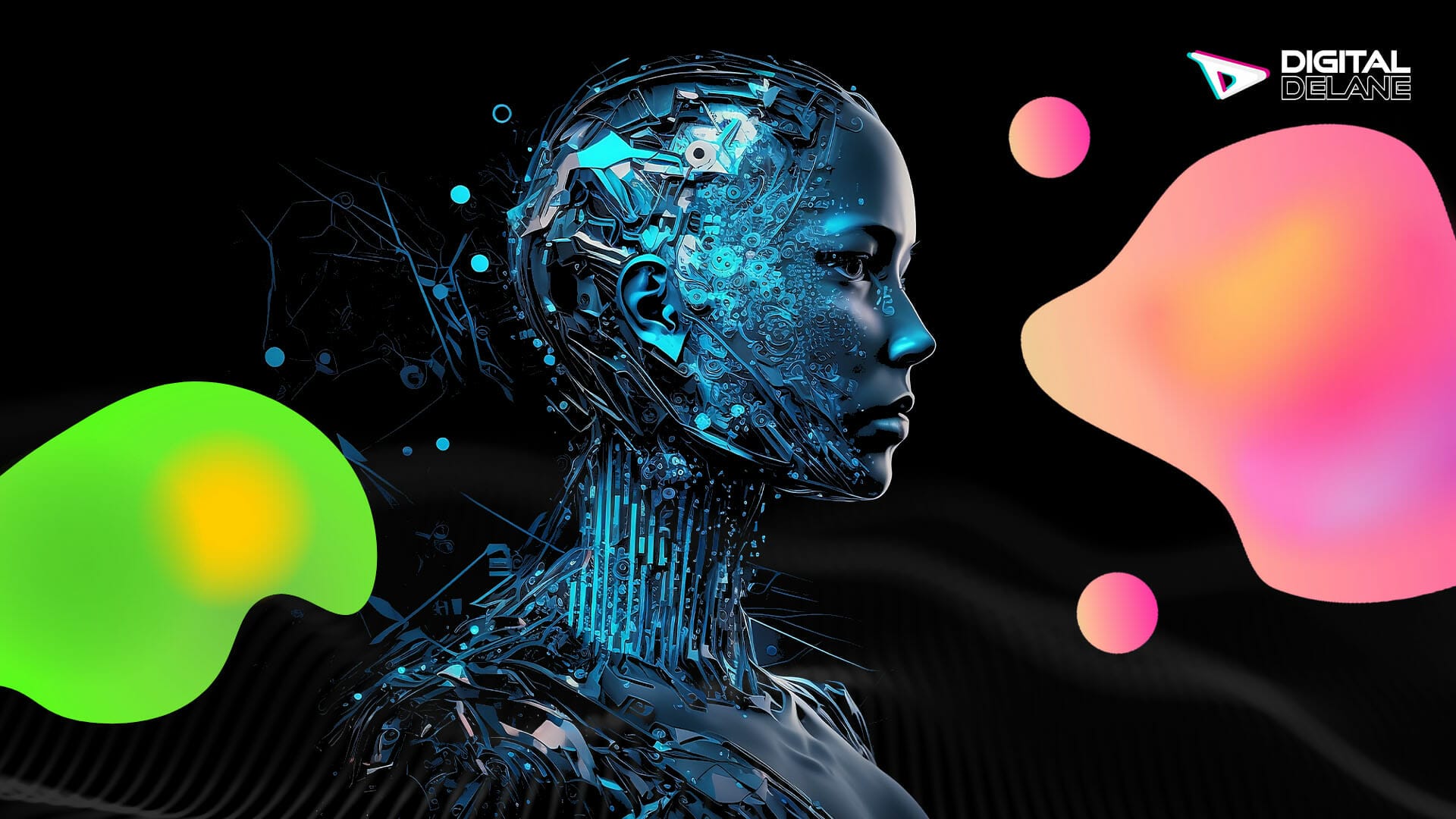
In today’s digital landscape, technology continues to reshape the marketing landscape. One of the most transformative advancements by Digital Delane is the integration of Artificial Intelligence (AI) into marketing strategies. AI has revolutionized how businesses engage with customers, optimize campaigns, and deliver personalized experiences. This article explores the various ways to leverage AI in marketing to gain a competitive edge and drive business growth.


A recent article posted by Rebecca Riserbato on AI Marketing — The Complete Guide. In this article, she talks about. “What is AI marketing, how to use it, examples, pros and cons, and marketing strategies that benefit from AI.”
Do you want to grow faster? Schedule a free consultation call with an expert.
AI-Powered Personalization:
AI-powered personalization marketing operates on the principle that customers are more likely to engage with and react positively to content that resonates with their preferences and behaviors. By utilizing AI algorithms, businesses can analyze vast amounts of data collected from customers’ interactions, behaviors, and purchase histories in ai marketing tool. This data-driven approach enables companies to gain valuable insights into individual preferences and habits, allowing them to create hyper-targeted marketing team.
Optimizing Customer Engagement:
The true strength of AI-powered personalization marketing lies in its ability to enhance customer engagement. Through analyzing user behavior, AI algorithms can predict what type of content, products, or offers will be most appealing to each customer. This enables businesses to send personalized recommendations, product suggestions, and content that align with customers’ interests, ai can help leading to higher engagement rates & increased time spent interacting with the brand use cases.


A recent article posted By Christine Goos on Optimizing Customer Engagement Across Touch-Points. In this article, he states, “Traditionally, customer engagement was mostly a one-way street. Brands communicated, and customers listened.”
Boosting Conversion Rates:
Personalization increases engagement and significantly impacts conversion rates. Customers are more likely to purchase When they receive offers and recommendations that align with their preferences. AI-powered personalization can create a seamless shopping experience by showing relevant products marketing efforts in content marketing, providing personalized discounts, and simplifying checkout. This level of customization reduces the likelihood of abandoned carts and increases the probability of completing transactions using ai platform.
Data-Driven Insights:
AI-powered personalization marketing activities relies heavily on data analysis to predict customer behavior accurately. Businesses can identify trends, patterns, and correlations that might go unnoticed by examining customer data in artificial intelligence marketing. These insights help refine ai technologies for ai marketing strategies, allowing companies to make informed decisions about content creation, product development, and customer segmentation.
Creating Authentic Connections:


Personalization goes beyond product recommendations. It enables businesses to create authentic connections with customers by tailoring messages that resonate on a personal level. When customers receive content that addresses their unique needs and challenges, they are more likely to view the brand as empathetic and understanding, fostering a sense of loyalty.
Predictive Analytics:
AI predictive analytics employs advanced algorithms and machine learning techniques to analyze massive datasets, extracting valuable patterns and relationships.
The AI predictive system identifies correlations and factors that influence future marketing events by examining historical AI-driven marketing automation data. It then applies this knowledge to forecast outcomes and trends, providing actionable insights to guide strategic planning and decision-making.


A recent article was posted by Catherine Cote titled WHAT IS PREDICTIVE ANALYTICS? 5 EXAMPLES. In this article, she states, “Predictive analytics involves leveraging data to anticipate forthcoming trends and occurrences, harnessing past data to project potential scenarios that can steer strategic choices.”
The Benefits of AI-Powered Predictive Analytics:
Enhanced Decision-Making:
Predictive analytics provides a clear roadmap for decision-makers, allowing them to make well-informed choices based on future projections rather than historical data alone.
Optimized Processes:
Businesses can optimize various processes, from inventory and supply chain operations to customer relationship management. Organizations can streamline operations and minimize inefficiencies by predicting demand and supply patterns.
Risk Mitigation:
AI predictive analytics helps identify potential risks and threats well in advance. This enables proactive measures to be taken, reducing the impact of adverse events on the business.
Accurate Sales and Demand Forecasting:
Predictive analytics aids in actual sales and demand forecasting. This information is invaluable for inventory planning, ensuring products are available when needed, and reducing excess inventory costs.
Customer Insights:
By analyzing customer behavior and preferences, businesses can tailor their products & services to meet specific customer needs, enhancing customer satisfaction and loyalty.
Chatbots and Virtual Assistants:
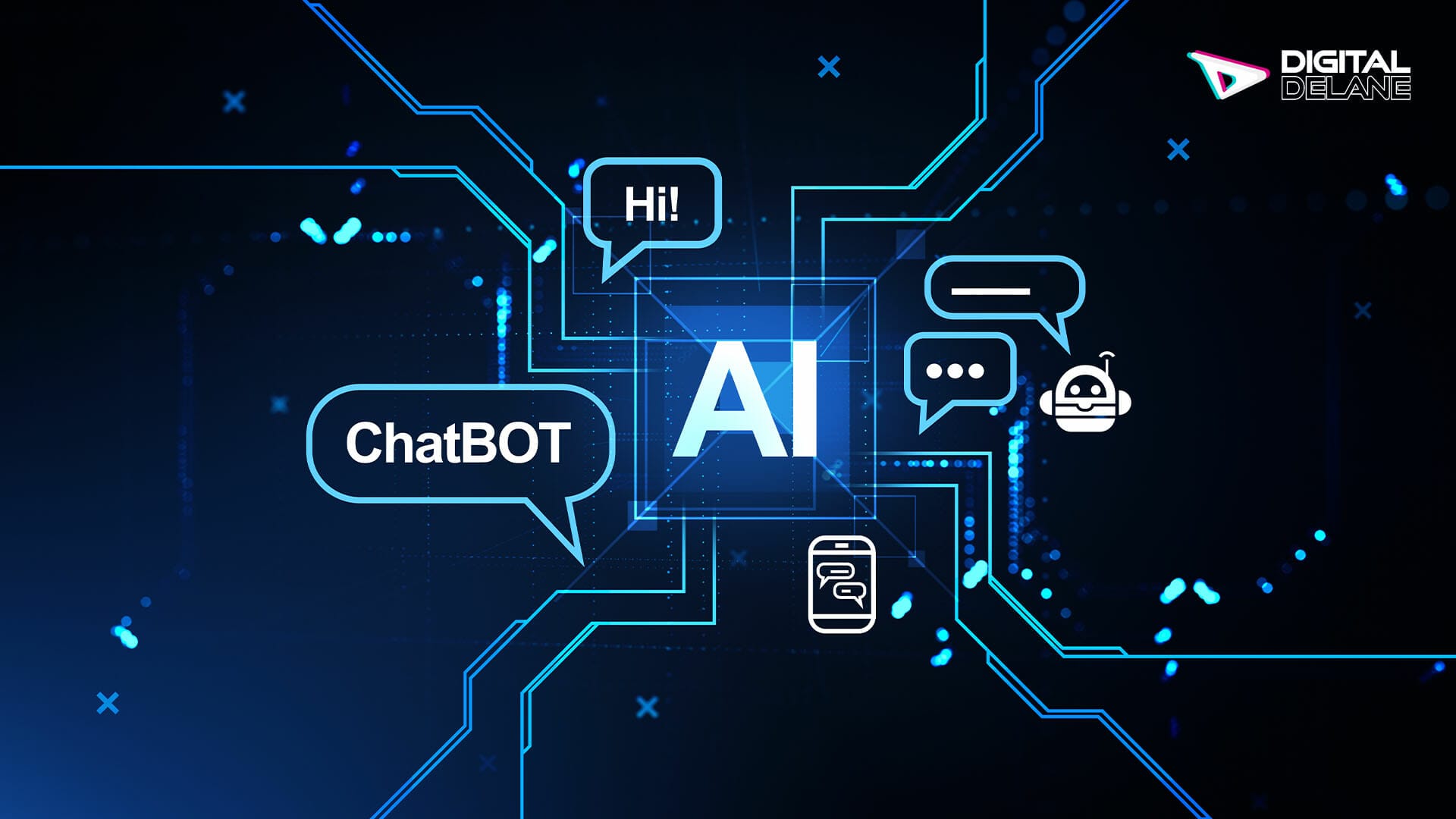

In today’s fast-paced digital landscape, businesses increasingly turn to the dynamic duo of technology: virtual assistants and chatbots. These two innovative ai driven tools solutions have revolutionized customer interactions and streamlined operations, redefining how companies engage with their audience.
Many discuss AI tools like Google Bard vs. ChatGPT for business content generation. What sets ChatGPT apart from Google Bard for business success?
AI-driven software programs are designed to simulate human conversation and provide personalized assistance around the clock. They seamlessly handle customer queries, offer product information, and even execute tasks like appointment scheduling. Their human-like interaction fosters engagement, making users feel valued and understood.
On the other hand, chatbots are intelligent software that automates interactions through messaging platforms. With quick response time, chatbots are ideal for addressing FAQs, troubleshooting issues, and guiding customers through processes. By handling routine inquiries, they free up human agents to focus on complex tasks, ultimately boosting efficiency.
A recent article posted on Chatbots vs. Virtual Assistants – What’s the Difference? This article talks about “Chatbots, intelligent programs, mimic human-like conversations via text or speech. They guide users, collect information, schedule appointments, and offer real-time support through integration with knowledge bases.”
The synergy between virtual assistants and chatbots is evident in their ability to ensure 24/7 availability, scalability, and consistent customer experiences. By combining both strengths, businesses can optimize resource allocation, enhance customer satisfaction, and drive operational excellence.
Implementing virtual assistants and chatbots requires a well-thought-out strategy. Integration with existing systems, customization to reflect brand tone, and continuous learning to improve responses are essential. Regular updates based on user feedback and behavior patterns also enhance their effectiveness.
The benefits of this combination are extensive – reduced response times, increased customer engagement, enhanced lead generation, and cost savings. Furthermore, businesses can allocate human resources more strategically, balancing automation and personal touch.
Content Generation and Optimization:
Content remains the cornerstone of effective audience communication in the ever-evolving digital marketing strategy world. Content informs, educates, and drives engagement, conversions, and brand visibility.
As the demand for high-quality, relevant, and SEO-friendly content continues to rise, businesses are turning to innovative solutions, such as AI-powered content generation and optimization, to meet these requirements and stand out online.
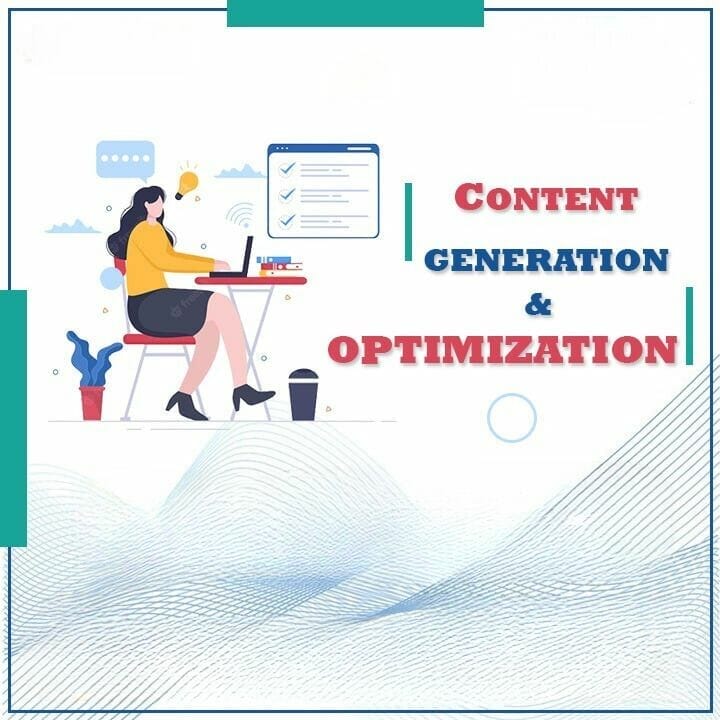

AI-driven content generation has revolutionized how businesses approach content creation. AI tools can utilize advanced algorithms and natural language processing (NLP) to generate various content types, from blog posts & articles to product descriptions and social media marketing.
This process affects analyzing vast amounts of data and information, enabling AI to understand context, tone, and style to produce content that resonates with the target audience.
AI-driven content generation brings several benefits to the table:
Scalability:
Businesses can produce a larger content volume in less time, catering to different platforms and audiences without compromising quality.
Consistency:
AI ensures a consistent brand voice and messaging across various content pieces.
Creativity:
AI can suggest creative angles, headlines, and content ideas, sparking new perspectives and fresh approaches.
Efficiency:
AI-powered content generation reduces the manual workload, allowing writers to focus on higher-level tasks that require human creativity and expertise.
Multilingual Content:
AI can create content in multiple languages, expanding reach and engagement in global markets.
Programmatic Advertising:


Programmatic advertising is a revolutionary approach in digital marketing, reshaping how brands connect with their target audience. This cutting-edge strategy leverages technology and data-driven insights to automate the buying & placement of ads in real time across various digital platforms. Programmatic marketing enables advertisers to precisely target their audience based on demographics, interests, and online behavior.
Industries can optimize their campaigns for maximum impact and efficiency through programmatic advertising. This data-driven approach minimizes wastage by ensuring ads are displayed to the most relevant and engaged audience, ultimately boosting the return on investment (ROI) is example of ai marketing. The automated nature of programmatic advertising also saves time and enhances the scalability of campaigns.
A recent article posted on What is Programmatic Advertising? Everything you need to know. This article states, “Programmatic advertising spans various digital channels, encompassing display, mobile, video, and social platforms.”
The significance of programmatic advertising lies in its ability to streamline the ad-buying process, making it more efficient and cost-effective for implementing ai. Instead of the traditional manual approach, where advertisers negotiate with publishers, programmatic advertising relies on algorithms to make real-time bidding decisions. This results in more accurate targeting, reduced human error, and the potential for improved ad performance.
Sentiment Analysis:
In the dynamic landscape of modern marketing, the power of Artificial Intelligence (AI) has become a game-changing strategy. One of the most impactful AI applications in marketing is Sentiment Analysis, with a specialized focus on Aspect-Based Sentiment Analysis.
Aspect-Based Sentiment Analysis goes beyond basic sentiment categorization by dissecting text into specific aspects or features related to a product, service, or brand using marketing platform. This enables marketers to gain a granular understanding marketing technology of how customers scent different elements and functionalities.
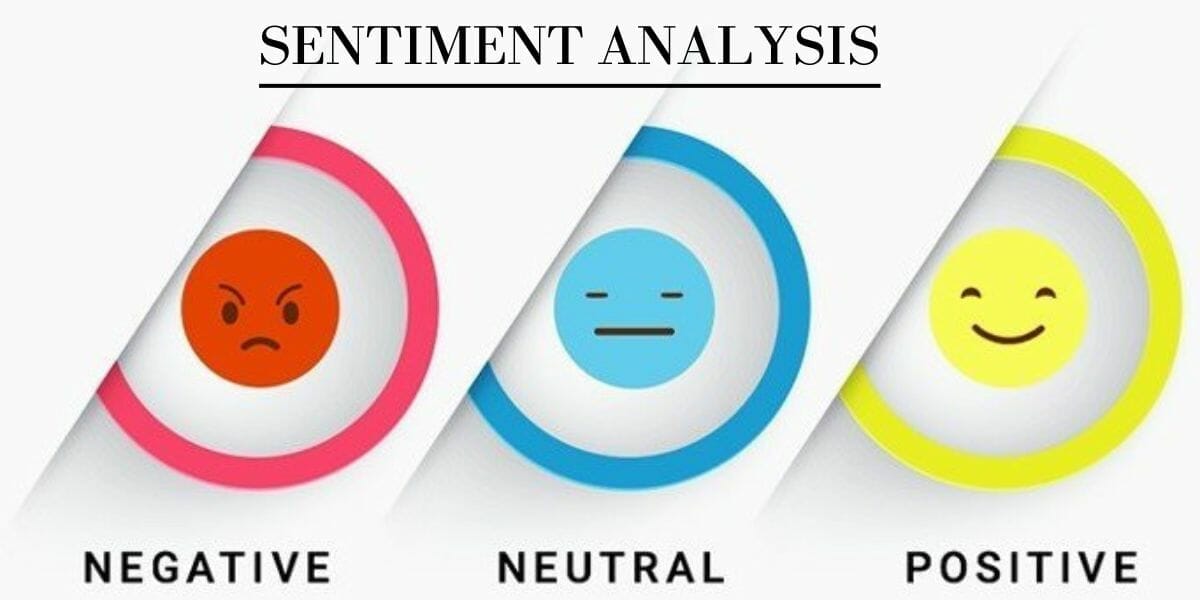

Here’s a detailed exploration of how Aspect-Based Sentiment Analysis within Artificial Intelligence is transforming the marketing landscape:
Profound Insights into Customer Opinions:
Aspect-Based Sentiment Analysis allows marketers to delve into the specifics of customer opinions. By breaking down the text into aspects, such as pricing, performance, user interface, and customer support, businesses can identify which elements of their offerings resonate most positively or negatively with customers. This nuanced insight empowers marketers to refine strategies, enhance weak points, and amplify strengths.
Enhanced Product Development and Innovation:
AI-powered Aspect-Based Sentiment Analysis offers a direct line of customer communication. Through their feedback, brands can identify emerging trends, unmet needs, and areas for improvement. This data-driven approach fuels product development, enabling companies to create offerings that align closely with customer expectations, resulting in higher satisfaction rates.
Personalized Marketing Strategies:
Understanding aspect-specific sentiments enables marketers to tailor their strategies precisely. Brands can craft customized marketing campaigns that highlight aspects that customers value the most. By resonating with customer preferences, brands can enhance customer engagement, loyalty, and advocacy.
A recent article posted by Haley Walden on How to Build a Personalized Marketing Strategy. In the article, she stated that “Personalized marketing tailors content to individual customer needs, going beyond mere name insertion to accompany the customer throughout the sales funnel stages.”
Do you want to grow faster? Schedule a free consultation call with an expert
Competitor Analysis:
Aspect-Based Sentiment Analysis extends beyond internal analysis to competitive intelligence. Marketers can understand and deep learning how customers perceive competitors’ offerings and identify areas where they excel or fall short. This knowledge of marketing analytics can inform strategic decisions using application of ai and provide a competitive edge.
Proactive Issue Resolution:
Monitoring aspect-specific sentiments in real time enables brands to identify and address issues promptly. By detecting data-driven marketing negative emotions associated with particular aspects, companies can initiate swift responses, demonstrating a commitment to customer satisfaction and problem resolution.
Marketing agencies can leverage AI software for proactive issue resolution, enabling marketing teams to enhance their efforts and message impact. By taking advantage of AI marketing programs to improve marketing operations, artificial intelligence empowers proactive strategies that significantly benefit marketing endeavors grow your business using traditional marketing.
Optimized Content Creation:
Crafting content that aligns with positive sentiments allows brands to resonate more deeply with their audience. Aspect-Based Sentiment Analysis AI marketing solution identifies the aspects that trigger positive emotions, guiding content creation and helping brands establish a stronger emotional connection.
Measuring Marketing Campaign Effectiveness:
Started with AI, Aspect-Based Sentiment Analysis trademarks can measure the impact of their marketing campaigns on specific aspects AI data. By tracking sentiment changes before and after a campaign, marketers can assess the AI marketing use cases of their efforts in driving customer perceptions.
A recent article posted on 3 Steps to Measure Effectively Your Marketing Campaigns. This article states, “Selecting appropriate metrics is crucial in measuring advertising effectiveness. Despite the widespread trend of collecting vast amounts of big data, many businesses prioritize quantity over relevance.”
Fine-Tuned Customer Experience:
Brands can use the insights gained from Aspect-Based Sentiment Analysis to optimize the overall customer experience. Whether it’s refining customer support, user interface design, or pricing strategies, ai marketing helps for brands can tailor their approach to match customer preferences.
Conclusion:
Incorporating artificial intelligence into marketing strategies has become prominent for businesses seeking to stay competitive in the digital age of multiple marketing using sophisticated AI tool. By leveraging artificial Intelligence marketing tools powered personalization marketing tactics, predictive analytics of Digital Delane, chatbots, content optimization, programmatic advertising, and sentiment analysis, marketers can create more effective and efficient campaigns, enhance customer experiences using many marketing copy, and drive business growth.
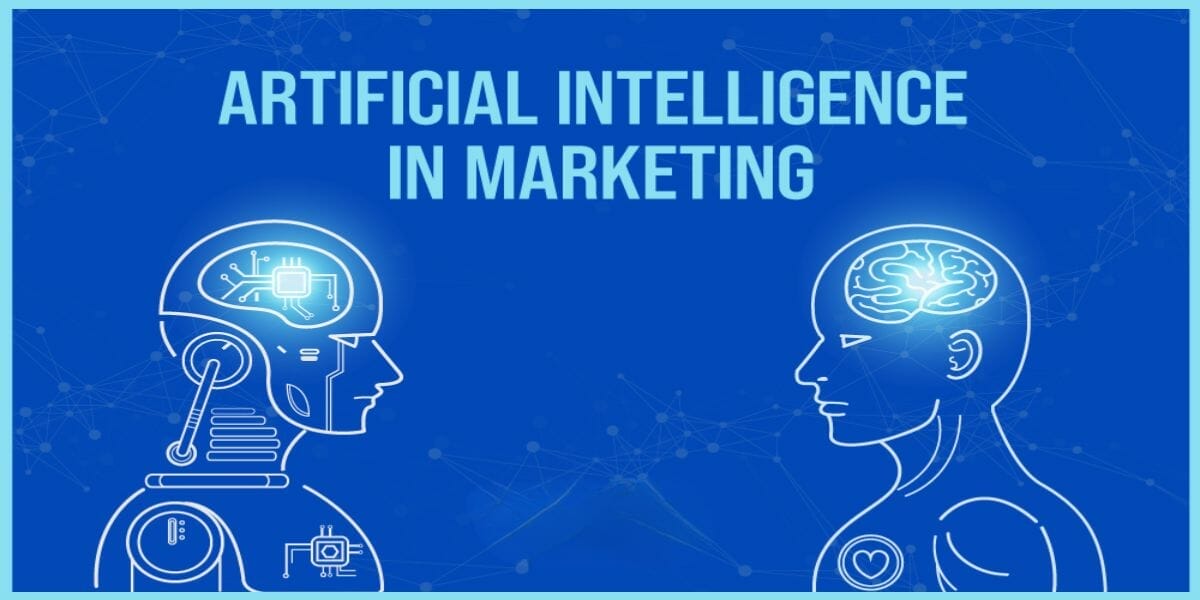

Incorporating AI in marketing empowers businesses to deliver relevant, timely, personalized experiences that foster long-term customer relationships and drive sustainable success.


